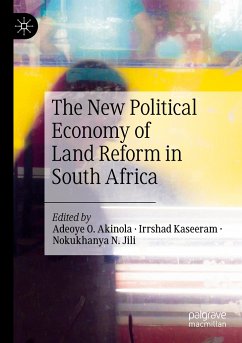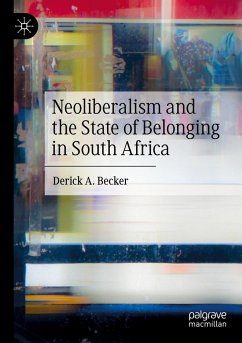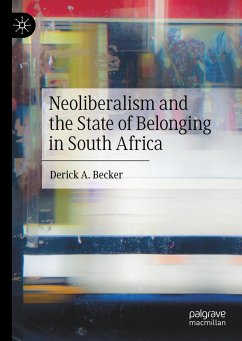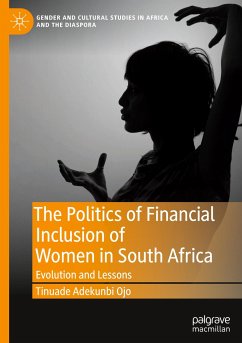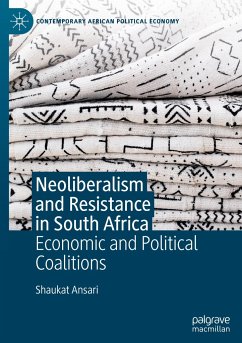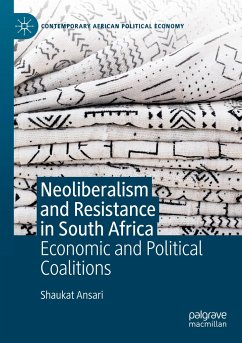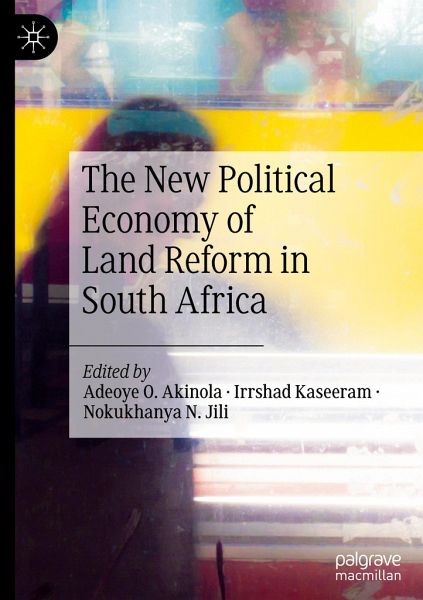
The New Political Economy of Land Reform in South Africa

PAYBACK Punkte
38 °P sammeln!
This book analyzes the new political economy of land reform in South Africa. It takes a holistic approach to understand South Africa's land reform, assesses the current policy gaps, and suggests ways of filling them. Due to its cross-disciplinary approach, the book will appeal to a broad audience, and will benefit readers from the fields of policy reform, administration, law, political science, political economics, agricultural economics, global politics, resource studies and development studies.





